Tiberius: The Reluctant Emperor
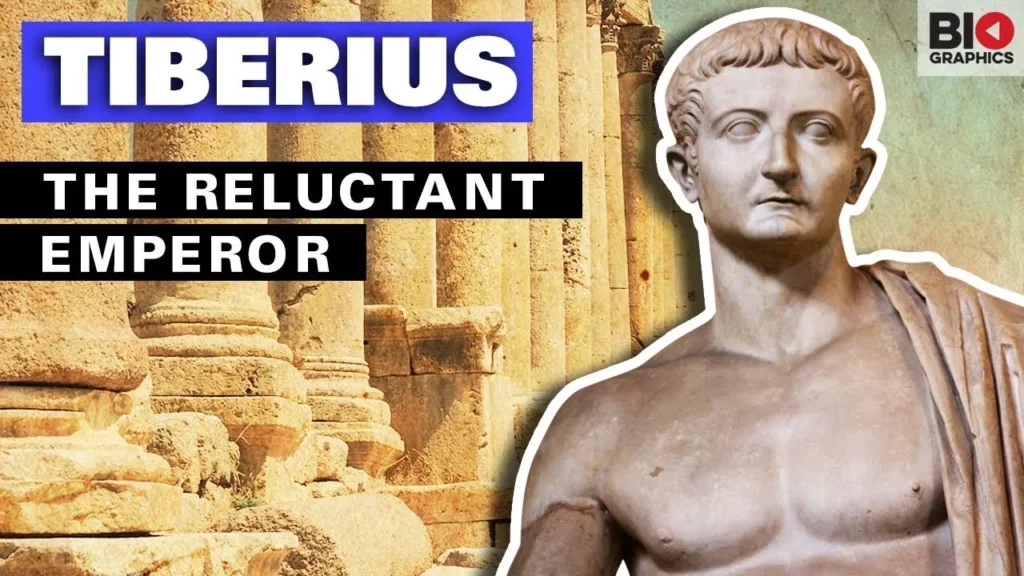
The lesson explores the life of Tiberius, the second Roman Emperor, who was reluctant to embrace his role in leadership despite his military prowess and strategic mind. Born into a tumultuous period, Tiberius faced numerous personal and political challenges, including a forced marriage and family betrayals, which ultimately led him to retreat into seclusion on the island of Capri. His reign, marked by suspicion and tragedy, reflects the complexities of power and the burdens of leadership, leaving a legacy that continues to captivate historians.
WT Stead: The Father of Investigative Journalism
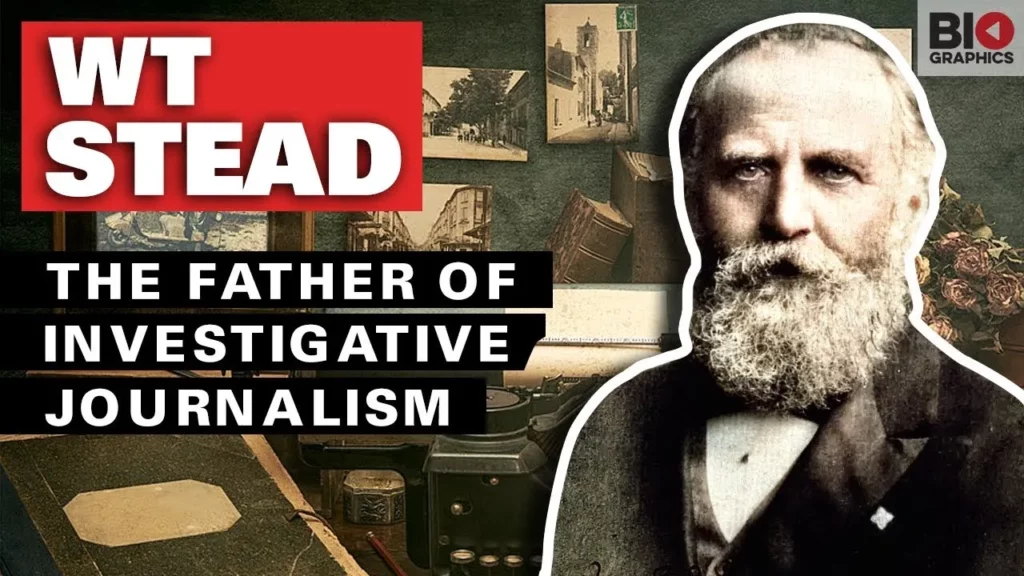
The lesson highlights the life and contributions of WT Stead, a pioneering figure in investigative journalism during the Victorian era in Britain. Stead utilized the power of newspapers to advocate for social change, notably exposing issues like child prostitution and poverty, which led to significant legislative reforms. Despite facing criticism and personal controversies, his legacy endures as a testament to the transformative potential of journalism in addressing societal issues.
Franz Kafka: Chronicler of Darkness
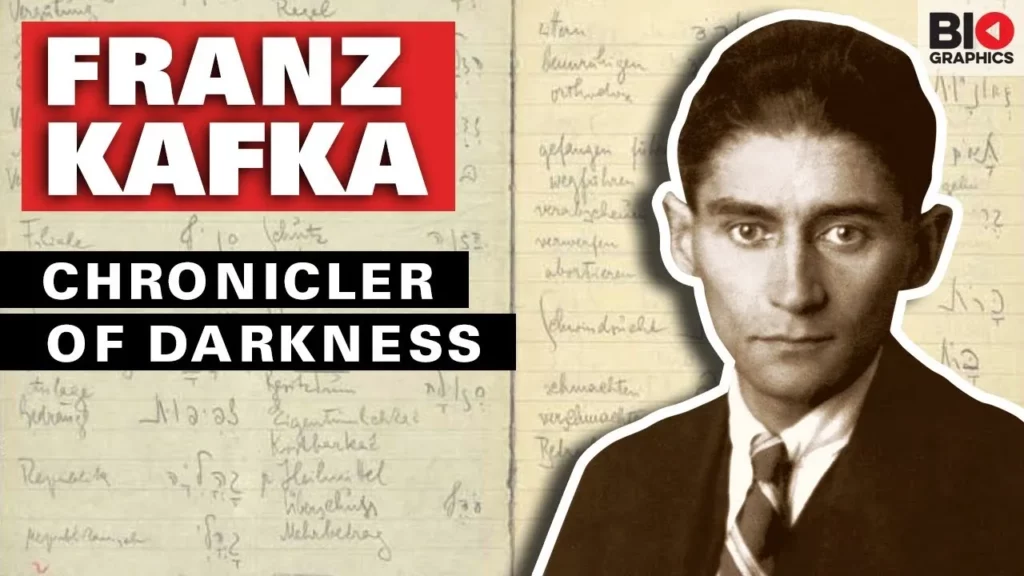
Franz Kafka, a Czech-Jewish writer born in 1883, transformed his struggles with alienation and existential dread into groundbreaking literature that profoundly influenced the 20th century. Despite a challenging upbringing and a career as an insurance lawyer, Kafka’s night-time writing produced iconic works like “The Metamorphosis” and “The Trial,” which explore themes of absurdity and isolation. Although he requested that his unpublished manuscripts be destroyed, his friend Max Brod defied this wish, ensuring Kafka’s legacy as a pivotal figure in modern literature.
Franz Josef: The Last Great Emperor

The lesson explores the life and reign of Franz Josef, who ruled Austria and later Austria-Hungary for nearly 68 years, becoming a significant figure in European history. It highlights his rise to power amidst revolutionary turmoil, his efforts to maintain a vast empire through military and political maneuvers, and the personal tragedies he faced, including the loss of his family members. Ultimately, the lesson reflects on his legacy as a ruler who navigated a complex era, leading to the eventual decline of the Austro-Hungarian Empire and the onset of World War I.
Fulgencio Batista: Cuba’s Military Dictator
The lesson explores the complex life and political career of Fulgencio Batista, a Cuban military dictator who rose from humble beginnings to become a significant figure in Cuban politics. Initially implementing reforms and a new constitution, Batista’s later years were marked by corruption, repression, and a violent response to dissent, ultimately leading to his downfall during the Cuban Revolution led by Fidel Castro. The lesson invites reflection on Batista’s legacy, questioning whether he was a revolutionary leader or primarily driven by self-interest.
Typhoid Mary: The Bringer of Disease and Death
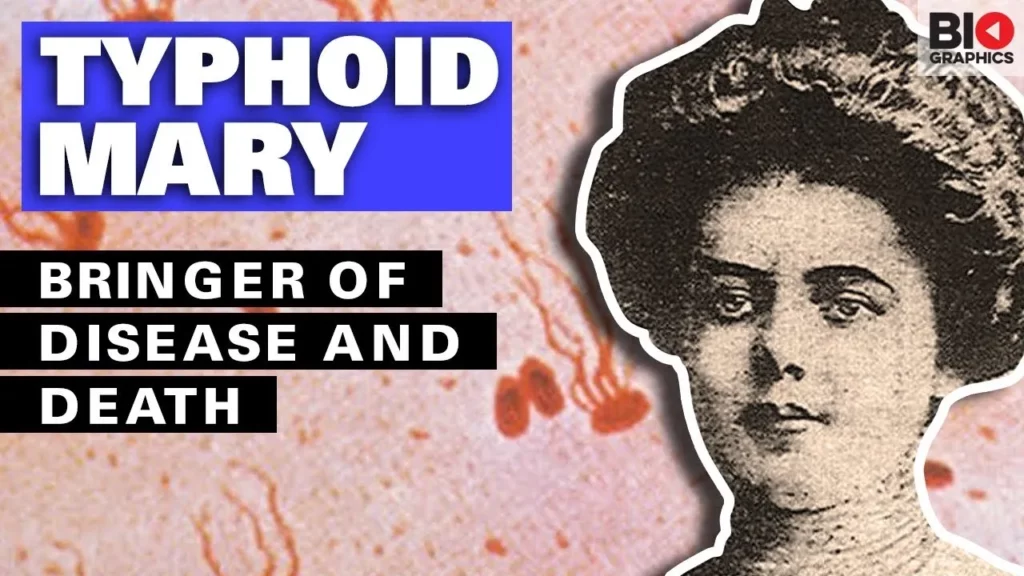
The lesson on “Typhoid Mary” explores the life of Mary Mallon, an asymptomatic carrier of typhoid fever who unknowingly spread the disease while working as a cook in early 20th-century New York City. Her story highlights the challenges of public health, the ethical dilemmas surrounding individual rights versus community safety, and the significance of understanding asymptomatic carriers in disease transmission. Ultimately, Mallon’s legacy serves as a reminder of the need for compassion and scientific inquiry in addressing public health crises.
John E. Douglas: Mindhunter

The lesson highlights John E. Douglas’s groundbreaking contributions to criminal profiling and the understanding of serial killers, emphasizing his role in the FBI’s Behavioral Sciences Unit and the development of the Violent Criminal Apprehension Program (ViCAP). Through extensive interviews with notorious criminals, Douglas identified key patterns in criminal behavior, which have significantly influenced both law enforcement practices and popular culture. Despite facing personal challenges due to the nature of his work, his legacy endures in the ongoing study of criminal psychology and the prevention of violent crimes.
Wyatt Earp: Legend of the Wild West
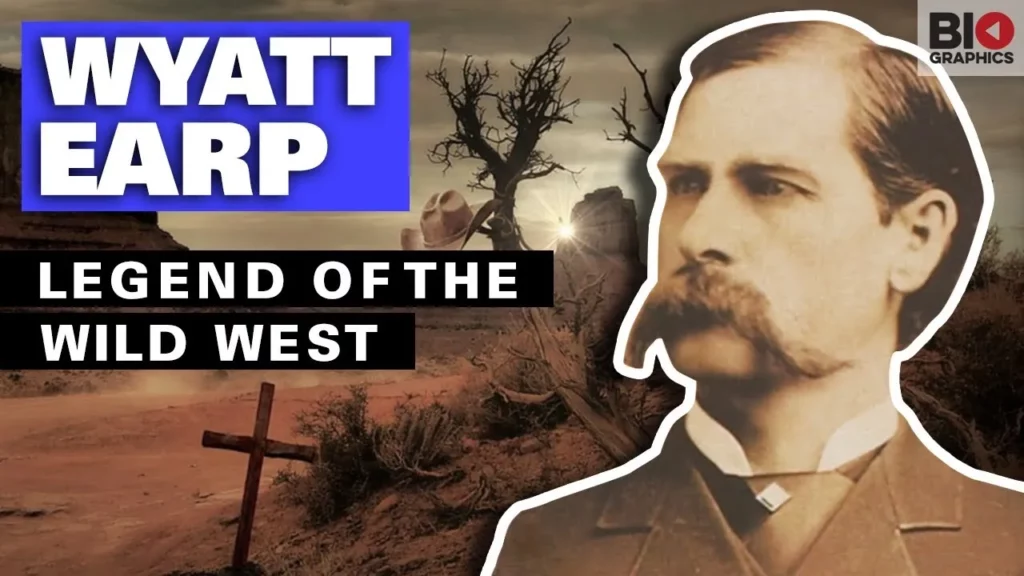
The lesson on Wyatt Earp explores the multifaceted life of this iconic figure of the Wild West, highlighting both his heroic moments as a lawman and the questionable choices he made throughout his life. From his early struggles and legal troubles to his involvement in the infamous Gunfight at the O.K. Corral and subsequent vendetta against the Cowboys, Earp’s story is a blend of fact and fiction that shaped his legendary status posthumously. Ultimately, the lesson emphasizes the complexity of Earp’s legacy, which was significantly influenced by later portrayals in literature and media.
Benedict Arnold: America’s Greatest Traitor
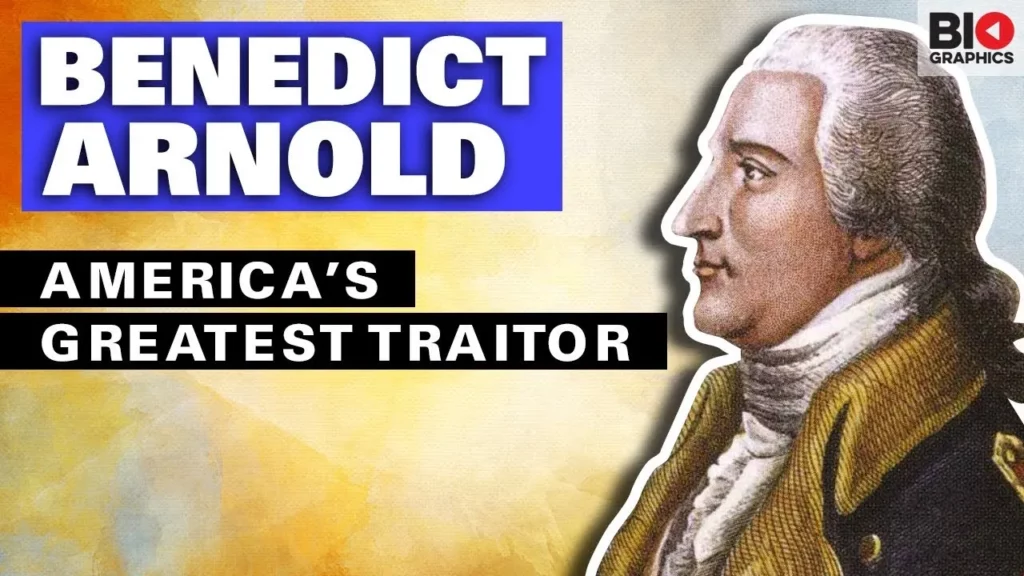
The lesson on Benedict Arnold explores the life of America’s most infamous traitor, highlighting his early military successes and the factors that led to his betrayal during the Revolutionary War. It discusses the Boot Monument at Saratoga National Historical Park, which honors Arnold’s contributions without naming him, reflecting the complexity of his legacy. Ultimately, the lesson emphasizes the duality of Arnold’s character, from a celebrated officer to a figure synonymous with treachery, prompting ongoing historical debate about his motivations and actions.
Alexander Kerensky: The Russian Revolution Before Lenin
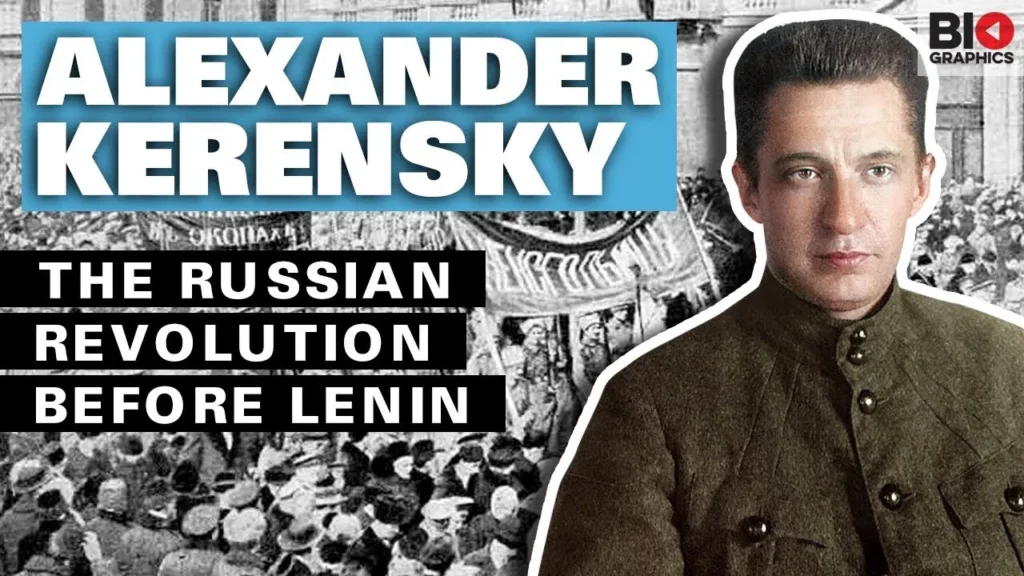
The lesson on Alexander Kerensky highlights his significant yet complex role in the Russian Revolution before Lenin’s rise to power. Born into a middle-class intellectual family, Kerensky became a prominent political figure advocating for democratic reforms and opposing the Tsarist regime. Despite his initial successes, his decision to continue Russia’s involvement in World War I and subsequent political missteps led to his downfall, ultimately paving the way for the Bolsheviks’ takeover and leaving a mixed legacy in Russian history.